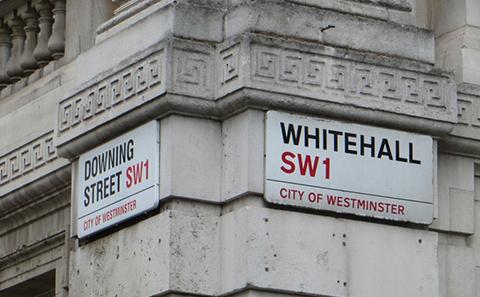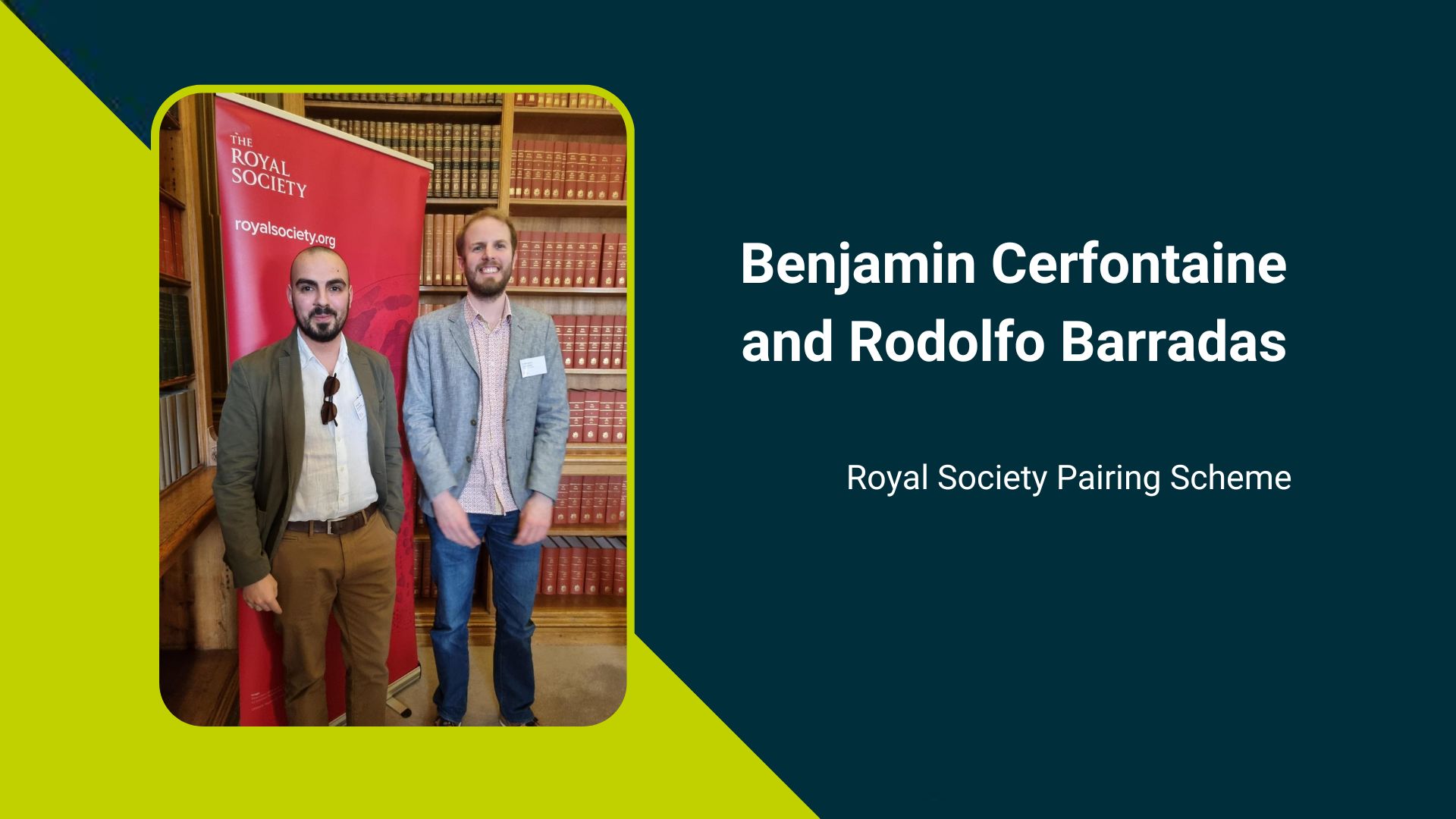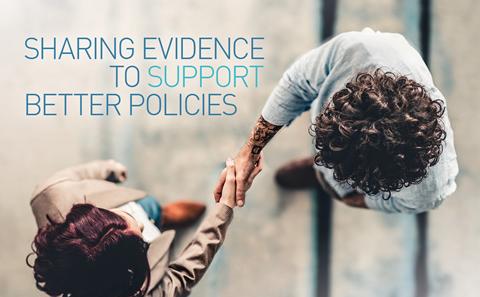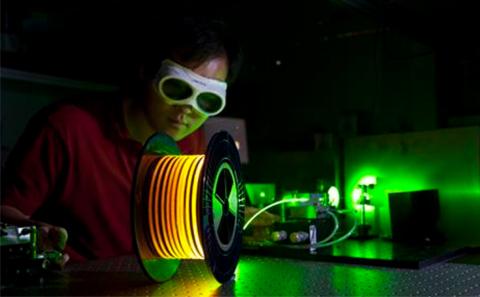
Policy Projects
Learn about PPS led current collaborative projects between the University of Southampton researchers and UK Government and Parliament.
Bridging the Gap: Royal Society Pairing Scheme Fosters Collaboration Between Researchers and Civil Servants
Benjamin Cerfontaine and Rodolfo Barradas

Every year the Royal Society Pairing Scheme brings together 30 scientists and 30 MPs/Lords or civil servants to foster interactions between academia and policy makers. This includes a week in Westminster packed with workshops, networking opportunities, shadowing Whitehall and time in Parliament exploring both science for policy and policy for science. Under this scheme, Southampton Lecturer Benjamin Cerfontaine was paired with Rodolfo Barradas, Senior Policy Advisor at the Department of Transport.
Benjamin Cerfontaine
Benjamin is a Lecturer in Geotechnical Engineering at the University of Southampton where he is developing innovative foundations or ground probing methods for offshore applications. He gained his PhD at the University of Liège, in Belgium, focused on hydro-mechanically couplde finite element modeling of suction caissons for offshore wind turbine foundations. and was awarded an EU-funded MSCA fellowship at the University of Dundee in 2017, to develop screw piles as foundations for offshore renewable energy devices, and particularly as anchors for floating wind turbines.
Rodolfo Barradas
Rodolofo is a Senior Policy Advisor on Maritime Environment at the Department of Transport. He has a communications and policy background, having started his career working in the charity sector before moving into the Civil Service and working across several central government departments on domestic and international policy areas. Outside work he is Vice Chair of East Street Arts, an artist-led charity in Leeds.
Benjamin's perspective of the scheme:
I participated in a series of activities organised by the Royal Society intended to introduce the different aspects of the relationship between science and policy. I now have a better overview of the multiple branches of the UK government and parliament, how they work and how they gather scientific evidence. It turns out that the timing and formatting of information are key to contributing to debate. The timescale of policy making is much faster than the one of academic research, and we, scientists, must adapt to share our evidence. The activities ended with an enjoyable mock select committee, where we could grill MPs about their views on the future UK scientific ecosystem. All the activities are also a formidable opportunity to meet a diverse group of other scientists and civil servants and build a cohort. We are still chatting on WhatsApp from time to time.
I also spent two half-days shadowing Rodolfo, who is a senior policy adviser on maritime environment in the Department for Transport (DfT), in London. He accomplished the arduous task of demystifying the complex government machinery. During the shadowing event, I participated to team meeting or working meetings on technical topics, and started to understand the decision process and different responsibilities of the people involved.
Beyond the razzle-dazzle of politics, many policy advisors, analysts and lawyers must deliver ideas into evidence-based policies. The shadowing part of the scheme helped me to better know this audience, as civil servants can have broad portfolios and diverse backgrounds. One of their jobs is to condense and synthesise information from lengthy research papers to no more than two pages, further summarised on a post-it for the minister in charge to read. Formatting our evidence to fit within this process is the best way for it to be picked up.
Fun fact, I could even practice an elevator pitch with Professor Sarah Sharples, the Chief Scientific Advisor at the Department for Transport, in an actual elevator. I found the shadowing part of the scheme particularly important, because personal relationships and networks are always a fast track to share information. This is not different from academia. Throughout my career, I have always found that the time invested in networking activities always paid off in the end. Being associated with a specific topics offers many opportunities to contribute to research papers, deliver keynotes… or contribute to policy making.
Finally, I welcomed Rodolfo in Southampton for a two-day reciprocal visit. We visited our different labs, met with experts relevant to Rodolfo’s portfolio and attended short talks from colleagues on technical topics, such as our research on foundations for offshore wind turbines or rail electrification. This ended up being an excellent pretext to meet and talk with more people in the University, discovering new facilities and fostering my own internal network. I even ended up discussing potential student projects on the way.
Rodolfo's perspective of the scheme:
The Royal Society Pairing Scheme is a brilliant opportunity to go behind the scenes and take the time to understand each other’s ways of working. In welcoming Benjamin to DfT’s offices, I strove to showcase the range of issues that case cross my desk and introduce him to as many colleagues as possible, giving him a real glimpse of Whitehall. In return, I found it really helpful to have the opportunity to build a network of researchers that I can tap into in future and get a better sense of what challenges researchers face in engaging with civil servants.
My scheme highlight was my visit to Southampton. I got to meet the team behind Southampton Marine and Maritime Institute, visit the National Oceanography Centre and hear about the latest research on maritime air quality. Over at Boldrewood campus, I observed a live shipping test in the towing tank and toured the impressive National Infrastructure Laboratories which really brought to life much that often I only read about. Plus I got to meet lots of scientists who helpfully explained their research, on everything from renewable energy to railway infrastructure - I've really come away with a renewed understanding (and appreciation!) of geotechnical engineering.

Learn about PPS led current collaborative projects between the University of Southampton researchers and UK Government and Parliament.

Click here to listen to our Policy Podcast series. In each episode we speak to UoS researchers and experts, about their experiences confronting critical issues in the domestic and foreign policies.

Guidance on the many channels available to researchers to engage with policymakers.

Guidance on things to consider in the science to policy process and useful tips in planning and costing your impact activities.